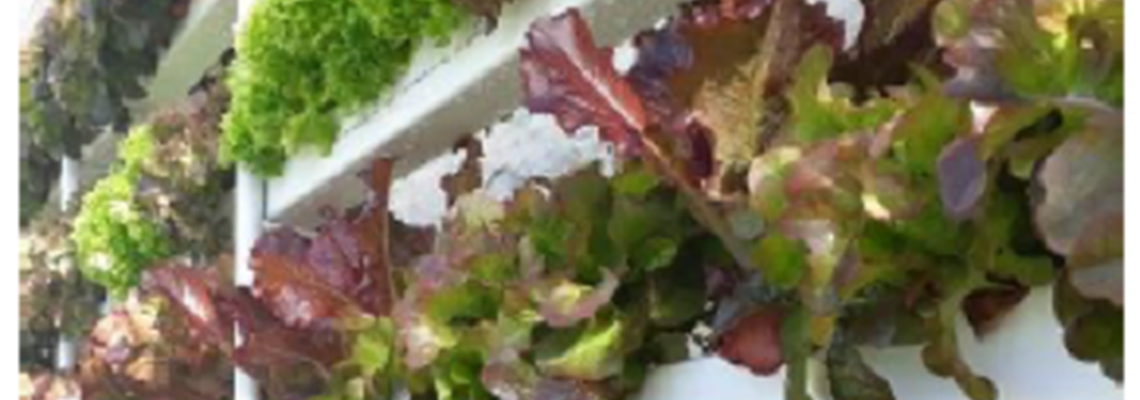Success Story – Mostyn Kitchen Garden
Thursday, 19 August 2021

A Soilless Growing Adventure
How knowledge sharing and peer-to-peer learning has helped Mostyn Kitchen Garden embark on their soilless growing adventure
A Victorian Walled Garden
Mostyn Kitchen Garden (MKG) has been running for five years and is set in the grounds of Mostyn Hall in North Wales. MKG grow a wide range of fruit and vegetables in 2.5 acres and sell to local families and restaurants. The produce is also used to make small batches of their own brand of preserves and sauces. They pride themselves on the flavour and quality of their high fruit content products which are made without artificial colours, preservatives or flavourings.
Gardener, Phillip Handley, joined Mostyn Kitchen Garden in 2012, and his interest in horticulture stemmed from his studies in organic horticulture with University of Glamorgan and the (then) Welsh College of Horticulture. Phillip takes up the story, “I became aware of soilless growing when I was studying but it didn’t really fit into the organic model, even though I was interested in the possibilities and potential. The Tyfu Cymru soilless event in November 2017 rekindled my interest, and, as we have suitable facilities and a team interested in innovation, we decided to build a system”.
Phillip and the team were able to draw on the knowledge gained from the Tyfu Cymru workshop and the toolkits. He also received advice from other suppliers and hydroponics retailers.
Why soilless growing?
Being able to maintain a year-round salad growing cycle to satisfy MKG’s customers has been a challenge – Phillip sees that soilless growing has the potential to extend the growing season. He adapted the facilities in the Victorian glasshouse so he could try different systems to find the best one or the best combination. He has converted the old beds into deep water culture and a nutrient film system using pic pipes and he plans to complete a cascade system.
Although the strawberries are planted in bags, they will be fed using the soilless principles he learned about from fellow grower, Hooton’s, at the workshop. Phillip will monitor the crops from the different systems, which are already showing advantages and disadvantages over each other. There is plenty of room to extend the most productive system.
According to Phillip, the investment is already paying dividends: “Our current outlay on soilless growing is less than £1,000 and we are already harvesting from the systems and supplying our restaurant customers”.
He offers this advice to other growers
“People in the horticulture industry often work in isolation, particularly the smaller businesses which don’t have the time or spare money to look at innovation and improvements. Initiatives like Tyfu Cymru can make a big difference. I would strongly encourage other businesses to invest time in their own development and I can’t stress enough the importance of training and development for the small businesses in our industry”
